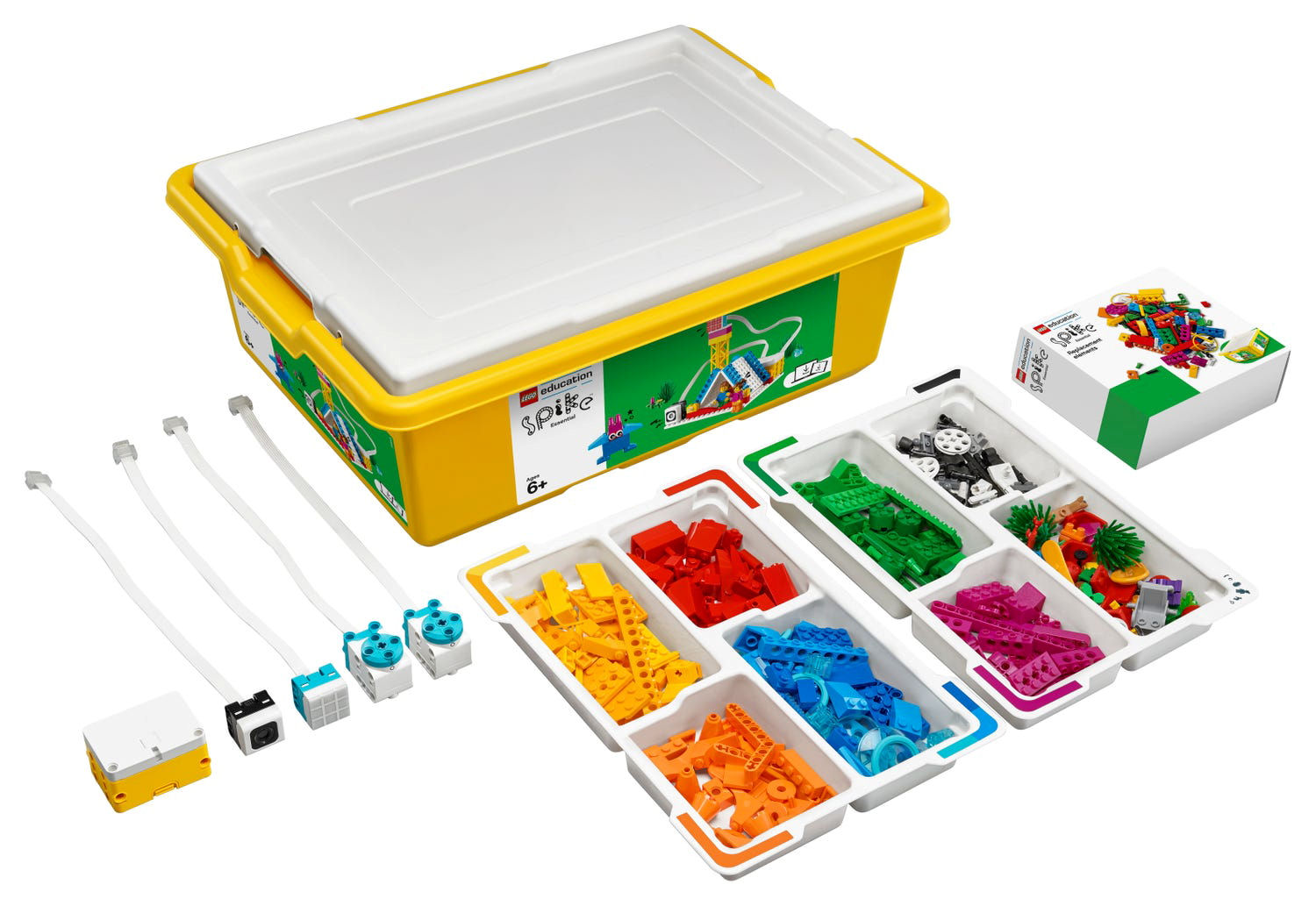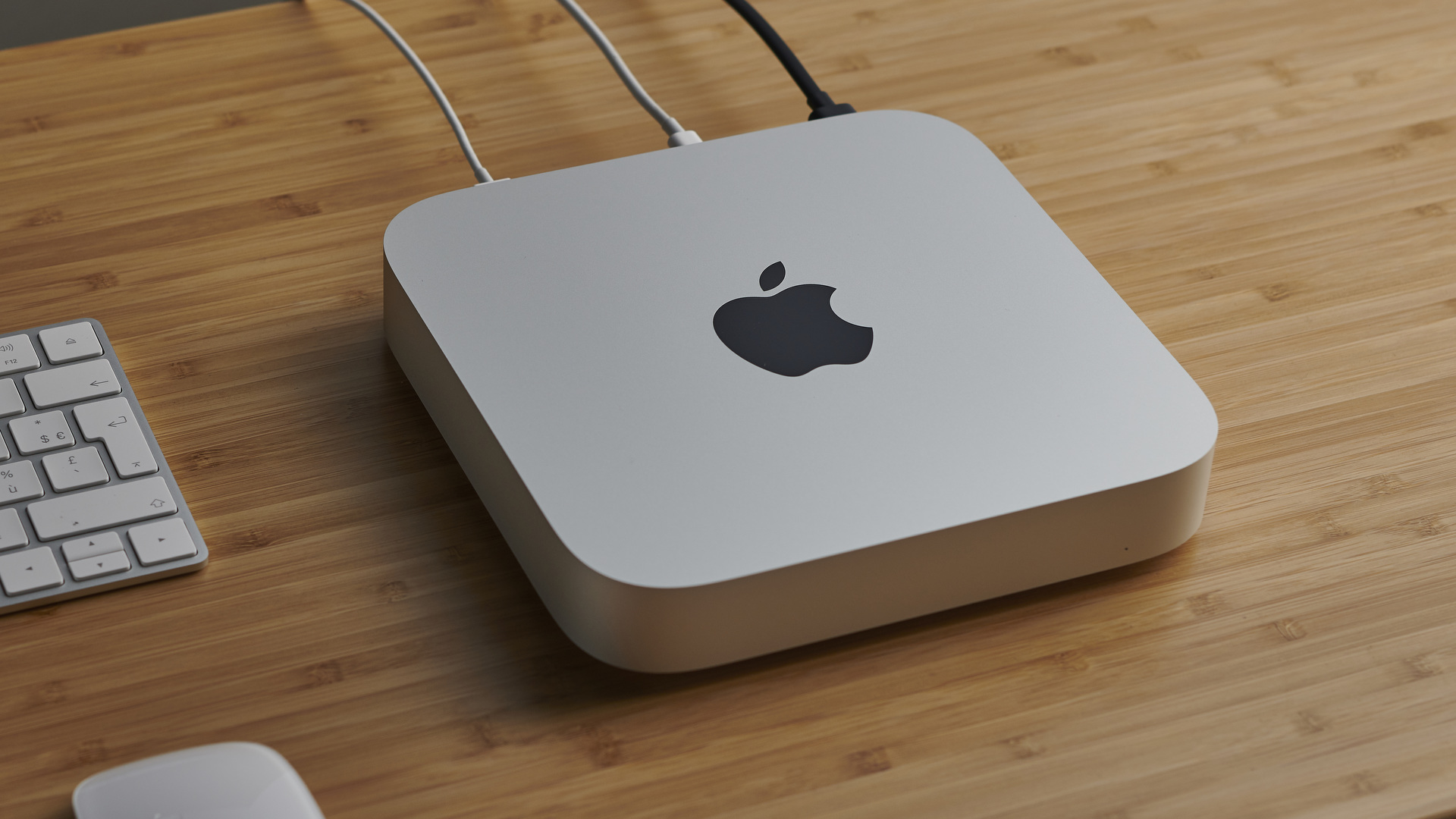
Little ThinkPad 11e with a Touch Screen!
Step one get a cheap ThinkPad...
There are a lot of different kinds of ThinkPad. Really anything called a ThinkPad that has 8GB of RAM or more should be fine. This one's my favorite for Danny right now because it has a touch screen and it's small / portable for kids. Used or refurbished is fine, you can usually find something for around $100-$200. New is fine too if you can find a good deal. Make sure it has 8GB of RAM! ⚠️


























